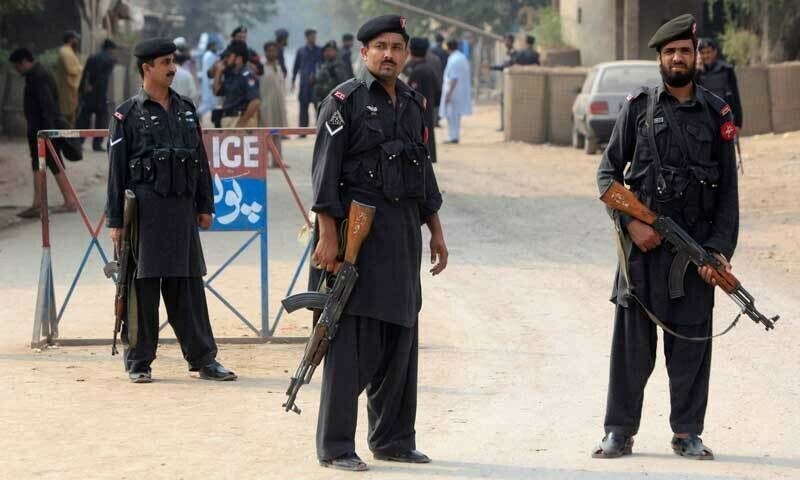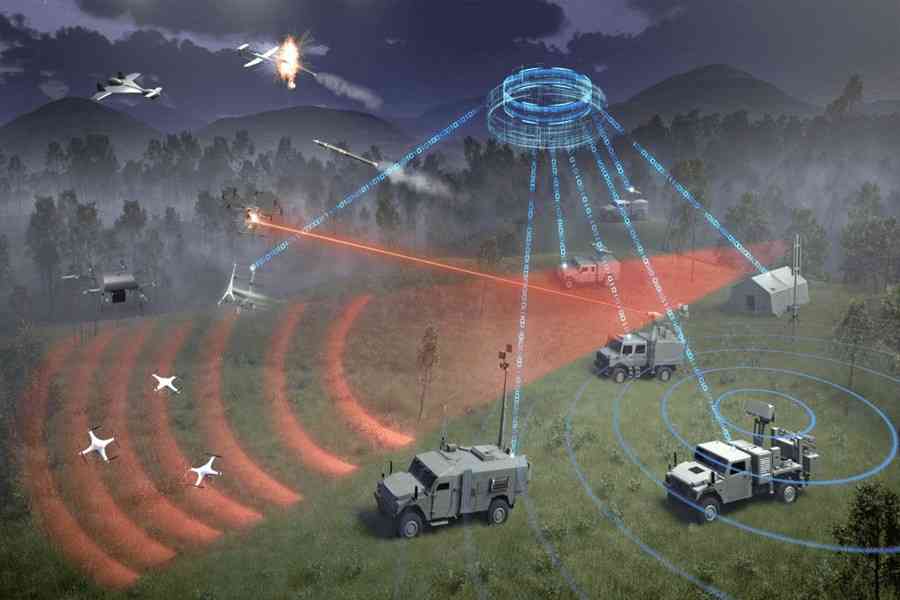The United Nations Security Council under its resolution 1566 in October 2004 elaborated the definition of terrorism. According to UNSC, terrorism includes criminal acts, including against civilians, committed with the intent to cause death or serious bodily injury, or take hostages, with the purpose of provoking a state of terror in the general public or in a group of persons or particular persons, intimidate a population or compel a government or an international organization to do or to abstain from doing any act (Law, n.d.). The act of terrorism manifests in different forms such as bombing, shooting, cyber attacks, and bioterrorism.
In today’s globalized world, terrorism has become an uncontrollable menace for all nations across the globe. This phenomenon of violence has not only become a threat to the national security of the states. In fact, terrorism has far-reaching implications on the life and security of the local population residing in a particular area. Moreover, the particular governments while engaging in counter-terrorism activities to fight against the national security threat often deliberately or deliberately ignore the factors related to the life and security local population that are being impacted. Such developments seize the basic facilities of the local population, eroding the quality of life in the particular area.
Taking the case study of KP’s tribal area which has been severely impacted by the waves of extremism in history and continues to be impacted today. Two harsh episodes of history – the USSR invasion of Afghanistan and the era of war on terror have been very harsh for these rich parts of land (Surat Khan, 2019). After the invasion of USSR on Afghanistan in December 1979, a wave of local support based on ethnic, emotional, and religious sentiments started. The traditional mullahs and religious clerics started advocating for the brotherly cause. A resistance effort named as “holy war” was initiated against the foreign invaders on the neighborhood to support the Muslim brothers.
Such developments affected the Pashtuns on both sides of the border. After the defeat of the USSR, the Afghan Jihad ended. At the time these religious extremists were left unturned which gave them a chance to strengthen their roots in specific areas. Through time efforts were made to proliferate the ideology further. After the attacks of 2001 targeting the World Trade Center in New York City and the Pentagon in Arlington, Virginia resulting in the deaths of at least 3000 people, the global war on terrorism started. The initiation of counter-terrorism efforts taking place in Afghanistan by NATO and US forces, and the geographical opportunities of penetration made many of the targeted factors move towards the bordering areas in Pakistan.
These waves had a drastic impact on the lives of the population residing in the KP’s tribal areas. These types of events started affecting the culture, art, and literature of Pashtun society living in those specific areas. Since these developments, the support for the religious extremists badly hurt the Pashtunwali code of their lives. The local population of KP’s tribal areas suffered in each political, economic, and social context. There has been a surge in militant activities including attacks on civilians and infrastructure. The political disruption at the time made many people migrate leading to the displacement of residents creating thousands of IDPs. The native lands of the people were no longer safe for them to live. This humanitarian crisis disrupted the local economies by hindering trade, investment, and different development projects. Businesses faced threats and extortion which caused economic stagnation and poverty. The constant violence and threat of violence have taken toll on the mental health of residents, leading to psychological trauma.
Many counter-terrorism efforts also took place to fight against this menace. Other than the constructive outcomes of these efforts, the area was also negatively impacted. These military operations and security measures many times resulted in collateral damage and civilian casualties. According to the data collected by South Asia Terrorism Portal the total civilian casualties in the counter terrorism and terrorism both counted around 22,648+ from 2000 to 2019. The local population was forced to migrate, and restricted from going to their homelands while the homes were destroyed, says a local resident. Many of the people still today live as IDPs while being restricted from going to their own homelands. Many residents of many areas complained about the repeated checkpoints and identity confirmation on the routes of their own ancestral lands. Moreover, there are many reports of human rights abuses such as arbitrary arrests, torture, and extra-judicial killings which have fueled grievances among factions of the local population.
Such type of incidents have eroded the normal life of the people of these areas. The state should focus on working for the reconstruction of these areas to bring the lost prosperity of the land and create an optimistic psychological impact on the mental state of the local people. The government and international institutes should work to promote the youth by providing different opportunities of education, scholarships, and skill building. The article closes with a concluding suggestion that the land of KP’s tribal area has a very good potential to gain terrorist attraction. The need is to look and work to promote such developments and repay the local people of those areas who have sacrificed a lot for the nation of Pakistan.

Manahil Baz
Manahil Baz is a passionate researcher and graduate of International Relations from Bahria University Islamabad. With a focus on international relations and human rights especially those of marginalized communities, ethnic identities, terrorism, and social tensions, Manahil strives to contribute insightful perspectives to the global discourse on these critical issues and foster a positive change in the realm of global affairs.
- Manahil Baz#molongui-disabled-link
- Manahil Baz#molongui-disabled-link
- Manahil Baz#molongui-disabled-link
- Manahil Baz#molongui-disabled-link













